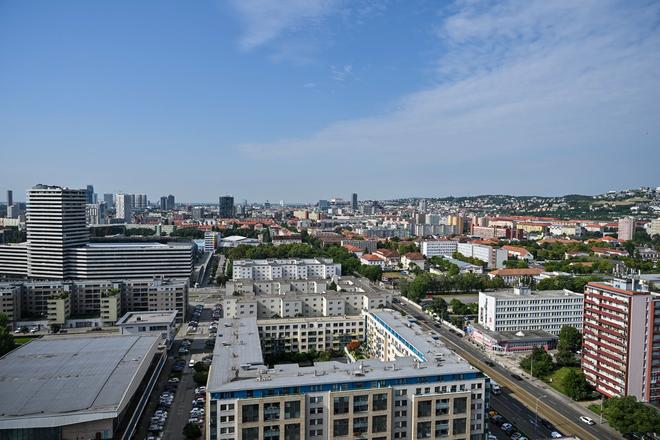More than 500 people in Bratislava reported a strong gas-like smell to Slovenský plynárenský priemysel (SPP) Distribúcia’s helpline on Wednesday and Thursday. Reports came from across the city, as well as from nearby towns such as Malacky and Stupava. However, despite the widespread concern, authorities have yet to determine the source of the odour, writes Denník N daily.
SPP-Distribúcia has insisted that it found no gas leaks.
The Interior Ministry issued a statement on Thursday afternoon, assuring the public that the substance in the air was not dangerous, though it failed to clarify what it was.
Speculation over source
The lingering mystery has highlighted the state’s lack of preparedness for such large-scale incidents. No official body provided real-time updates to residents about the situation or whether the smell posed a health risk. Even after 24 hours, the public remained uncertain about what they were breathing.
The odour was not merely an inconvenience. A secondary school in Bratislava’s borough of Rača was forced to suspend classes on Wednesday after several students fell ill, complaining of headaches and nausea. A second school in Rača also reported the smell, though staff managed to contain it by closing the windows.
The Interior Ministry ruled out a link between the smell and a chemical leak at the Istrochem industrial site, which led to the hospitalisation of six people, including a 16-year-old boy. However, it did not specify what was causing the odour in other parts of the city. The ministry said the substance resembled tetrahydrothiophene (THT), a pungent but harmless chemical used to scent natural gas.
With no clear answers from officials, speculation spread. Some unconfirmed reports suggested the smell originated from a train transporting chemicals, possibly an odorant used in natural gas. Given the intensity of its scent, even a small leak could be noticeable over a large area. Many of the affected locations were near railway lines, adding weight to this theory.
Criticism of crisis response
Security analyst Domician Zahorjan of the NEST Institute criticised the government’s crisis response, calling it “unclear and uncoordinated.” He pointed out that conflicting messages from the police, fire brigade and local authorities had undermined public trust.
“This reflects weak crisis communication mechanisms. A lack of strategic coordination allows for uncertainty and speculation to spread,” Zahorjan told Denník N, noting that recent cuts to state-run strategic communications teams had worsened the situation.
While emergency services took readings at multiple locations and found no dangerous levels of gas, the mystery remains unsolved.
The Bratislava City Hall has provided no details.
“The primary communicator should be the one with the most information at that moment,” said Bratislava spokesperson Peter Bubla, directing his criticism at Istrochem, the police, and emergency services.



 Bratislava - Nové Mesto borough (source: TASR - Pavol Zachar)
Bratislava - Nové Mesto borough (source: TASR - Pavol Zachar)